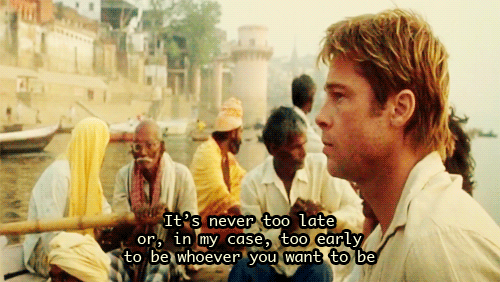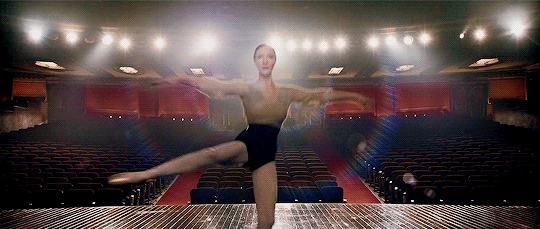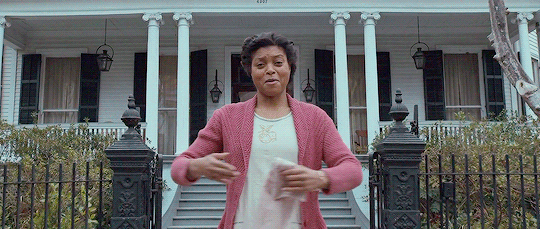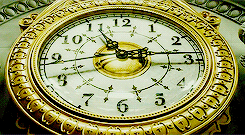It won’t contend for the most viewed movie of the past 20 years, but I think I could make a strong case for why David Fincher’s The Curious Case of Benjamin Button (2008) is one of the best films of the twenty-first century thus far.
The film, which is loosely based on an F. Scott Fitzgerald short story, is about a man who was born old in the early 1900s and then grows younger.
That storyline has been enough to gain the film recognition in pop culture, but I would contend that Button’s aging process is but a vehicle for the messages the film tries to get across. And those messages are powerfully delivered, with a perfect storm of dialogue and nuance that is something of a surprise coming from the director of Fight Club.
As many of those who are close to me know, it is one of my missions in life to get as many people to watch this film, which I call a better version of Forrest Gump, as possible. In case you need more reasons to watch the film, however, here’s five that should do the trick.
1. It's one of the most quotable movies ever
Again, much like Forrest Gump, this movie is full of one liners that you’ll have onrepeat in your head. From the funny (“Have I ever told you I was struck by lightning seven times?”) to the introspective (“Our lives are defined by opportunities; even the ones we miss.”), the screenwriting is jam-packed with powerful turns of phrase. An entire article could be devoted to dissecting the quotes in this movie; in fact, for that reason and to avoid spoiling things for you, I’ve intentionally included only vague quotes. Watch the movie, and you’ll hear some of the most poignantly stated wisdom ever put to film.
2. The score is brilliant
If you love classical or theatrical music, this movie might capture your fancy. The book by Alexandre Desplat is marvelously subdued, but strikingly emotional. He infuses a sense of childlike wonder from the get-go and maintains it throughout the film, even as the music matures with Benjamin and his arc. And just try listening to Desplat’s rendition of Bethena:A Concert Waltz without getting a little teary-eyed.
3. There is a powerful narrative about aging and dementia
4. The characters (of which there are many) mostly get some kind of resolution
It’s rare for a film to not leave some loose ends. The smart filmmaker zeroes in focus on a few key players and follows their journey to some sort of resolution, allowing the supporting cast to fade without ever having made much of a dent. In Benjamin Button, however, we view the entire lifespan of the titular character. There are two main players, but virtually all of the supporting cast is given something to do. And better yet, most of them have their stories wrapped up insome way that advances the narrative of the story. This point is important, because…
5. This is a film about life and death
The death of Fincher’s father reportedly played a significant role in his taking on BenjaminButton, and many have rightfully determined that the film is one about death. It’s not necessarily a spoiler to say that in a movie where we follow the entire life of a main character who ages backwards, some characters die. Precisely because of this focus on mortality, though, I would make the case that this is a film about life. It’s about highs and lows, how things change, how people change, and how things stay the same. It’s about living with mistakes, the random chance of accidents and success, and the love of family. It makes sense – to make a powerful film about death, after all, one benefits from capturing why life is so powerful in the first place.









 mr and mrs potato head
StableDiffusion
mr and mrs potato head
StableDiffusion










